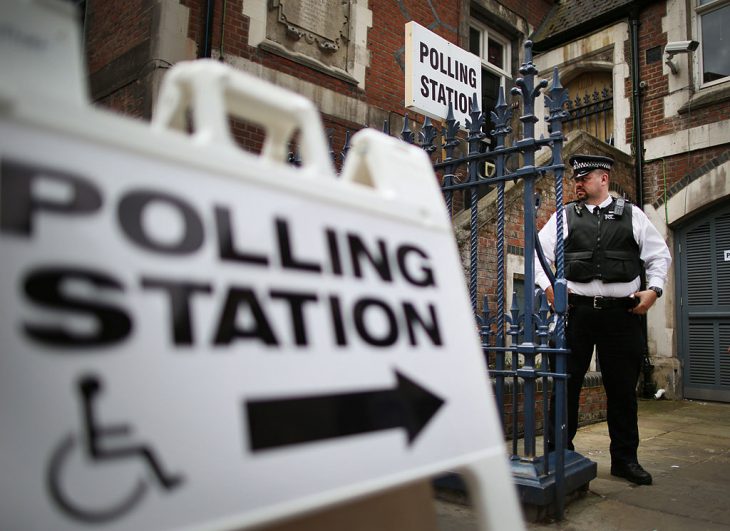Kind readers sometimes ask what has happened to the case against me for electoral fraud. In these Notes on 20 August, I revealed that I had drawn attention in the EU referendum to the ease with which one could vote twice. Legitimately registered to vote in Sussex and in London, I had voted Leave in Sussex, and then gone to London, collected my ballot paper unchallenged, and spoilt it by writing on it that it was ‘my protest at how lax the voting rules are’. The Electoral Commission then publicly announced that it was referring my case to the police. Just before Christmas, I was dismayed to receive a letter from the Met’s Special Inquiry Team of Homicide and Major Crime Command. Last week, I met an officer in a London hotel. The very polite woman detective constable, accompanied by a male colleague, did not mention homicide. She explained to me that although I had not voted on my second ballot, and therefore had not done anything which could have affected the result, I had, under the law’s definition, cast two votes. After consultation with the Crown Prosecution Service, however, they had accepted that, given my action was intended to be in the public interest, my criminal prosecution would not be. After what the officer herself called ‘a bit of finger-waving’, the matter was closed. I was sorry she had been dragged in, and felt a slight resentment against the Electoral Commission for this. After all, you could say I was doing its work for it. I am pleased to see that people are at last realising, about 25 years after it became a serious problem, that voting rules need tightening. In the post-Leveson environment, it is widely believed that whenever journalists meet police officers they offer them bribes, so I should record that all I did at the meeting was propose a cup of coffee, which was refused.
This is an extract from Charles Moore’s Spectator Notes, which appears in this week’s magazine







Comments